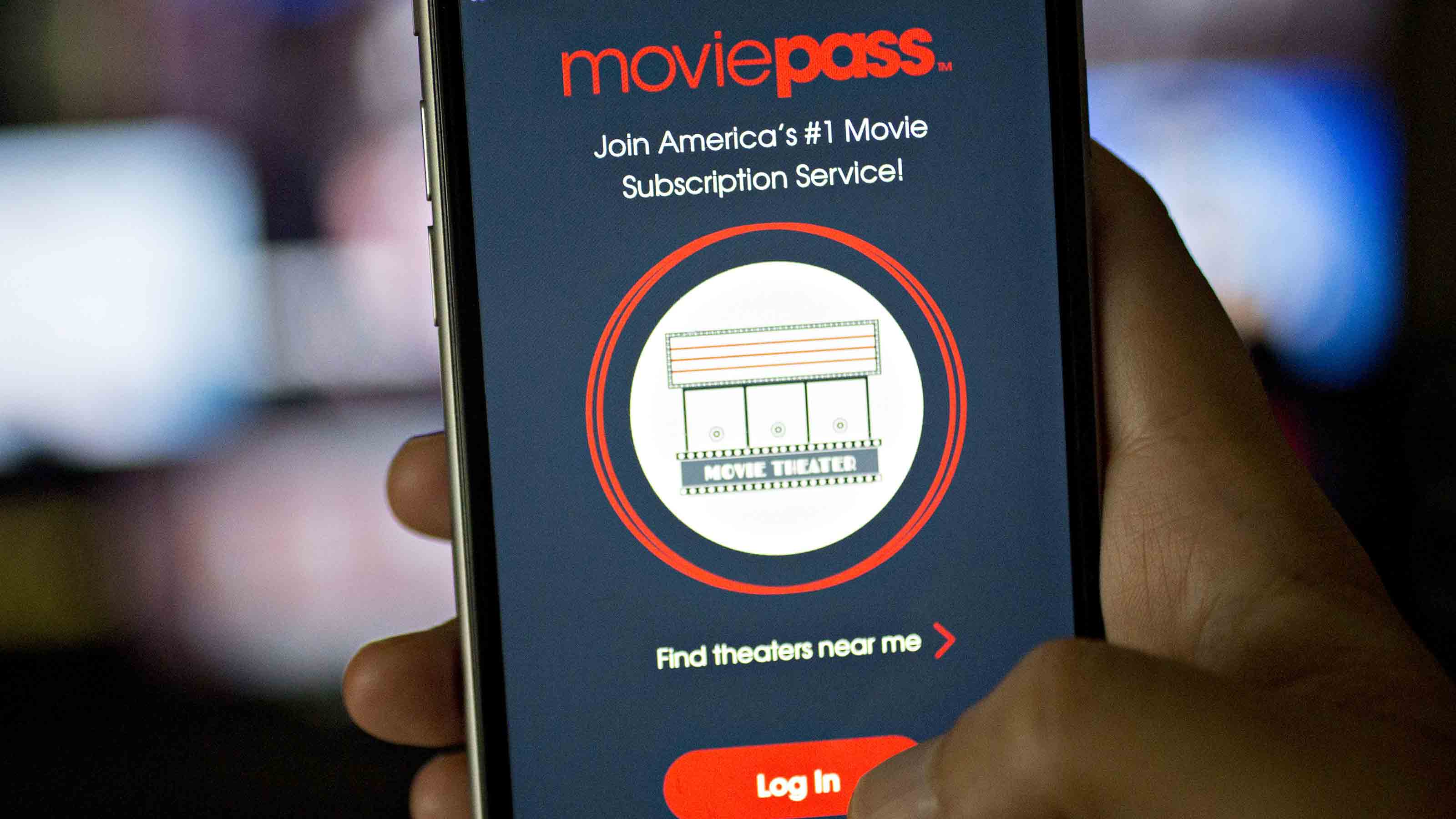
Profit and prosper with the best of Kiplinger's advice on investing, taxes, retirement, personal finance and much more. Delivered daily. Enter your email in the box and click Sign Me Up.
You are now subscribed
Your newsletter sign-up was successful
Want to add more newsletters?

Delivered daily
Kiplinger Today
Profit and prosper with the best of Kiplinger's advice on investing, taxes, retirement, personal finance and much more delivered daily. Smart money moves start here.

Sent five days a week
Kiplinger A Step Ahead
Get practical help to make better financial decisions in your everyday life, from spending to savings on top deals.

Delivered daily
Kiplinger Closing Bell
Get today's biggest financial and investing headlines delivered to your inbox every day the U.S. stock market is open.

Sent twice a week
Kiplinger Adviser Intel
Financial pros across the country share best practices and fresh tactics to preserve and grow your wealth.

Delivered weekly
Kiplinger Tax Tips
Trim your federal and state tax bills with practical tax-planning and tax-cutting strategies.

Sent twice a week
Kiplinger Retirement Tips
Your twice-a-week guide to planning and enjoying a financially secure and richly rewarding retirement

Sent bimonthly.
Kiplinger Adviser Angle
Insights for advisers, wealth managers and other financial professionals.

Sent twice a week
Kiplinger Investing Weekly
Your twice-a-week roundup of promising stocks, funds, companies and industries you should consider, ones you should avoid, and why.

Sent weekly for six weeks
Kiplinger Invest for Retirement
Your step-by-step six-part series on how to invest for retirement, from devising a successful strategy to exactly which investments to choose.
Three years ago, MoviePass bombed, cratering under a wall of debt and crushing a bevy of fans who longed for the card comapny to live up to its promise: a movie a day, for about 10 bucks a month. Any movie. Almost any theater. Was it too good to be true? Possibly. Within a year, it dwindled to almost no movies, almost no theaters and plenty of recriminations.
Now comes the sequel: MoviePass II. But, in what looks like an effort at manufactured exclusivity, membership is by “invitation” and the signup window to get one is rapidly closing. You have until Monday, August 29 at midnight. For now, at least. MoviePass says it will relaunch around Sept. 5.
Here’s a summary of what MoviePass was: When it launched in 2011, MoviePass holders got discounted movie theater tickets (though the theaters were paid for the full price of the ticket by MoviePass). In 2017, when it was taken over by a new team, MoviePass holders paid around $9.95 a month – and they could see a movie every day of the month.
From just $107.88 $24.99 for Kiplinger Personal Finance
Become a smarter, better informed investor. Subscribe from just $107.88 $24.99, plus get up to 4 Special Issues

Sign up for Kiplinger’s Free Newsletters
Profit and prosper with the best of expert advice on investing, taxes, retirement, personal finance and more - straight to your e-mail.
Profit and prosper with the best of expert advice - straight to your e-mail.
That captivated around 3 million people who signed on. It also ushered in the final chapter of that version of MoviePass. It shut down in September 2019, and the leadup to shutdown was painful for MoviePass holders: they found themselves unable to use their cards at some of the top releases, at certain theaters, or at all; some cards were randomly deactivated (the Federal Trade Commission later got involved).
And here’s the elevator pitch of what MoviePass hopes to be now:
After being acquired out of bankruptcy by an original cofounder, Stacy Spikes, in late 2021, MoviePass is looking for a comeback. emailing former users and others this week to get in on the action. Other than the signup period, few details are available about how this will be structured. The company did say there will be pricing tiers of $10, $20 and $30, but not much beyond that, other than saying most movie theater chains will be on board.
But should you?
Thanks in large part to the COVID-19 pandemic, the movie-going landscape is far different than it was in 2017. Many new films are available on streaming platforms, sometimes the same day they launch in theaters, and many movie fans now prefer to watching new features from the comfort of their living rooms. Blockbusters, like “Top Gun: Maverick” are still reserved for theaters only, but those are few and far between. And many major theater chains, including Cinemark and Regal, offer subscription models of their own.
At this point, asking for an invitation is free (other than giving up an email address, which MoviePass might already have had). When it comes to forking over actual money, we’d counsel caution – and we bet that anyone who went through the first round of MoviePass would agree.
Profit and prosper with the best of Kiplinger's advice on investing, taxes, retirement, personal finance and much more. Delivered daily. Enter your email in the box and click Sign Me Up.

Bob was Senior Editor at Kiplinger.com for seven years and is now a contributor to the website. He has more than 40 years of experience in online, print and visual journalism. Bob has worked as an award-winning writer and editor in the Washington, D.C., market as well as at news organizations in New York, Michigan and California. Bob joined Kiplinger in 2016, bringing a wealth of expertise covering retail, entertainment, and money-saving trends and topics. He was one of the first journalists at a daily news organization to aggressively cover retail as a specialty and has been lauded in the retail industry for his expertise. Bob has also been an adjunct and associate professor of print, online and visual journalism at Syracuse University and Ithaca College. He has a master’s degree from Syracuse University’s S.I. Newhouse School of Public Communications and a bachelor’s degree in communications and theater from Hope College.
-
 Farmers Brace for Another Rough Year
Farmers Brace for Another Rough YearThe Kiplinger Letter The agriculture sector has been plagued by low commodity prices and is facing an uncertain trade outlook.
-
 Stocks Drop as Iran Worries Ramp Up: Stock Market Today
Stocks Drop as Iran Worries Ramp Up: Stock Market TodayPresident Trump said he will decide within the next 10 days whether or not the U.S. will launch military strikes against Iran.
-
 Over 65? Here's What the New $6K Senior Tax Deduction Means for Medicare IRMAA
Over 65? Here's What the New $6K Senior Tax Deduction Means for Medicare IRMAATax Breaks A new tax deduction for people over age 65 has some thinking about Medicare premiums and MAGI strategy.
-
 9 Types of Insurance You Probably Don't Need
9 Types of Insurance You Probably Don't NeedFinancial Planning If you're paying for these types of insurance, you might be wasting your money. Here's what you need to know.
-
 21 Last-Minute Gifts for Grandparents Day 2025 to Give Right Now
21 Last-Minute Gifts for Grandparents Day 2025 to Give Right NowHoliday Tips Last-minute gifting is never easy. But here are some ideas to celebrate Grandparents Day.
-
 Texas Sales Tax-Free Weekend 2025
Texas Sales Tax-Free Weekend 2025Tax Holiday Here's what you needed to know about the Texas sales tax holiday.
-
 Alabama Tax-Free Weekend 2025
Alabama Tax-Free Weekend 2025Tax Holiday Here’s everything you need to know about the 2025 back-to-school Alabama sales tax holiday.
-
 Amazon Resale: Where Amazon Prime Returns Become Your Online Bargains
Amazon Resale: Where Amazon Prime Returns Become Your Online BargainsFeature Amazon Resale products may have some imperfections, but that often leads to wildly discounted prices.
-
 Don't Let High Taxes Break Your Heart This Valentine’s Day
Don't Let High Taxes Break Your Heart This Valentine’s DayState Taxes We’ve mapped out the best states where your box of chocolates comes without a side of sales tax.
-
 Florida Back-to-School Tax-Free Holiday 2025
Florida Back-to-School Tax-Free Holiday 2025Sales Taxes The new tax-free holiday in Florida brought month-long savings on computers, clothing and other school supplies.
-
 Roth IRA Contribution Limits for 2026
Roth IRA Contribution Limits for 2026Roth IRAs Roth IRAs allow you to save for retirement with after-tax dollars while you're working, and then withdraw those contributions and earnings tax-free when you retire. Here's a look at 2026 limits and income-based phaseouts.
